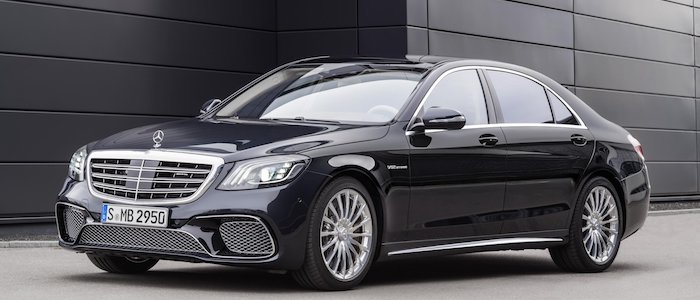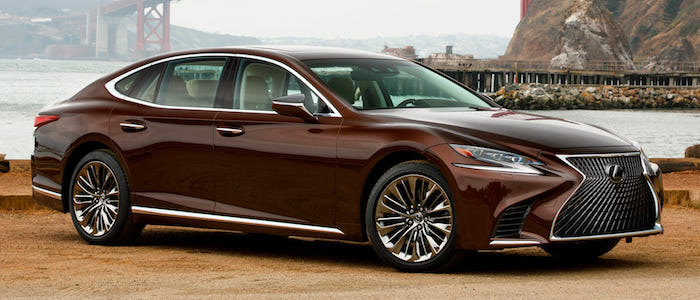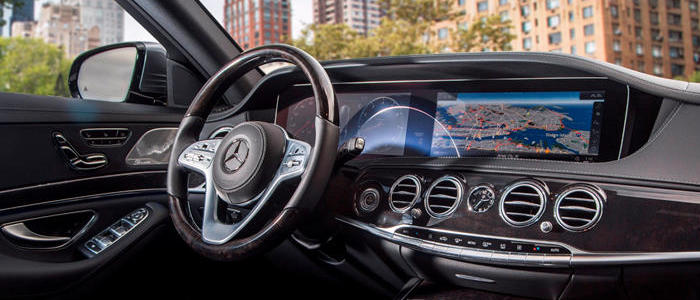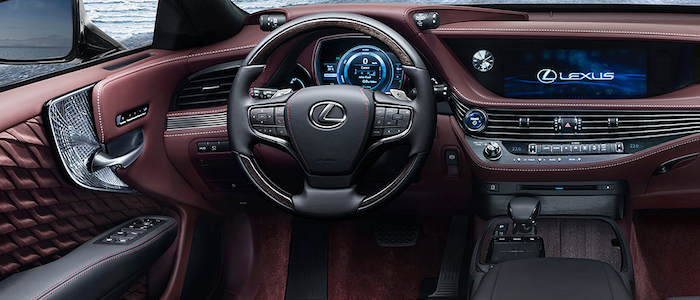Compare two cars
Compare any two cars and get our Virtual Adviser™ opinion
Marketing
Dimensons & Outlines
Engine
3.0 M256 E30DEH LA G R
Performance (manual gearbox)
Performance (automatic gearbox)
Expenses
Virtual Adviser's™ opinion
Two significantly similar cars, no doubt about that. Still, each one has something different to offer. Having both cars powered by petrol engines and utilizing the 4-door sedan body style within the same 'Executive car' segment, the only major difference here really is their wheel drive configuration (4 x 4 for the Mercedes Benz and rear in the case of the Lexus). The first one has a Mercedes Benz-engineered powertrain under the hood, a 6-cylinder, 24-valves 367hp unit, while the other one gets its power and torque from a 6-cylinder, 24-valves 421hp engine designed by Toyota.
SafetyUnfortunatelly, neither of the two vehicles was submitted to the European New Car Assessment Programme (Euro NCAP) testing. This makes it virtually impossible for me to pick one over the other and I'm generally against buying such cars as the safety should really always come first. Moving further on, let's take a closer look at some additional safety-related facts. Both vehicles belong to the executive car segment, which is generally a fortune safety-wise, still it doesn't help us solve our dilemma, does it? On the other hand, when it comes to weight, a factor that most people underestimate, the Japanese car offers a marginal difference of 5% more metal.
ReliabilityReliability is not the best thing to consider on the make level, but it is worth mentioning that Lexus as a brand displays somewhat better results, when all the models are taken into account. That's the official data, while our visitors describe reliability of Mercedes Benz with an average rating of 4.4, and models under the Lexus badge with 4.9 out of 5. Unfortunatelly, I don't have enough insight that would allow me to comment in more details on the specific models level. We should definitely mention that owners of cars with the same powertrain as the German car rank it on average as 3.0 out of 5, exactly the same as the other one.
Performance & Fuel economyBoth of the cars accelerate exactly the same, so we couldn't put one above the other. Car No. 1 reaches top speed of 250 kilometers per hour, exactly the same as the other car does. When it comes to fuel economy an obvious choice would be the German car, averaging around 7 liters of fuel per 100 kilometers (40 mpg), in combined cycle. That's 41% difference compared to the Japanese car!
Verdict
Lexus appears just a bit more reliable, although the difference is truly marginal. The most important thing when deciding between any two vehicles should always be safety, both passive and active. In my opinion, everything taken into account, the Japanese car offers slightly better overall protection and takes the lead. When it comes to performance, both vehicles provide similar experience, so I wouldn't point any of them out. the German car is in a different dimension economy-wise, and many people will find that crucial. It's not difficult to say then that if I'd need to make a choice, it would definitely be the Mercedes Benz. In any case that's my personal view, built upon all the data available to me. What should decide here though is the way you feel about the two vehicles, and I hope you'll find my guidelines useful in the process. Also, you could use the oportunity to find out which car, everything taken into account, would be the perfect choice for you in the eyes of the virtual adviser™, among more than 12.000 different ones in our database.

































